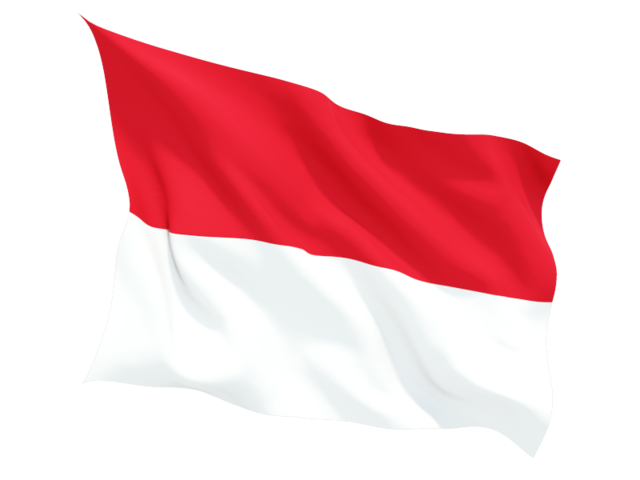 JAKARTA : Indonesia seeks to cast a wider net to tax more high-income individuals and top polluters in a bid to replenish its state coffers. The Finance Ministry presented the proposals – which could be part of key reforms this year – to a parliamentary commission this week. The government needs to collect more revenue to sustain spending while keeping its vow to bring its budget deficit back within the legal limit of 3 per cent of gross domestic product, from 6 per cent last year.
JAKARTA : Indonesia seeks to cast a wider net to tax more high-income individuals and top polluters in a bid to replenish its state coffers. The Finance Ministry presented the proposals – which could be part of key reforms this year – to a parliamentary commission this week. The government needs to collect more revenue to sustain spending while keeping its vow to bring its budget deficit back within the legal limit of 3 per cent of gross domestic product, from 6 per cent last year.
“The goal of this tax reform is not just revenue collection but the sustainability of the state budget,” said Finance Minister Sri Mulyani Indrawati. “The whole world is also accelerating its revenue collection in the midst of soaring budget deficits and debt ratios. This is a response that must be done with caution.” Here are the tax changes under study: Taxing carbon emissions will help Indonesia to curb greenhouse gases while raising funds for green state investments and social welfare programmes, Indrawati said. The government
could use existing taxes such as excise, motor vehicle and fuel taxes to enforce it, or it
could create an entirely new levy through a carbon tax.
The tax could apply to emission sources like fossil fuels, motor vehicles and factories, as well as carbon-intensive activities such as those in the pulp and paper, cement, power generation and petrochemical industries. Indonesia could add a new 35 per cent income tax bracket for individuals earning more than 5 billion rupiah (S$463,000) a year. Taxpayers are currently grouped into four brackets, with rates ranging from 5 per cent to
30 per cent. The country is poised to see the world’s fastest growth in ultra-highnet-worth individuals in the next five years, according to a report by consultancy firm Knight Frank.
Indonesia could introduce multiple tiers for value-added taxes (VAT), with lower rates for basic necessities and higher ones for luxury items. It currently imposes a single tariff of 10
per cent on all covered goods and services. More items could also be taxed, with rice, corn, drinking water, electricity and financial services currently exempted. Despite consumption
accounting for the bulk of gross domestic product, VAT accounted for only about 40 per cent of the government’s tax income in 2020.
Indonesia is finalising the formula to tax digital companies and impose levies on electronic transactions. The government has issued a law stating that taxes could be imposed on
companies with significant economic presence in the country, but it has not set out regulations for the tariff or how it would impose and calculate it. Indonesia started collecting VAT on goods and services sold to residents through online platforms last year, with 65 companies appointed to collect the fee so far, including Google, Amazon, Shopee and Tokopedia
PC Hospitality Participates to the “World Economic Forum”
Travel, Tourism and aviation governors meeting as Global Tourism Leaders Unite to Shape a Sustainable Future Spokesman Report Islamabad: Along side Tourise, held in Riyadh, Saudi Arabia, the WEF brought…







